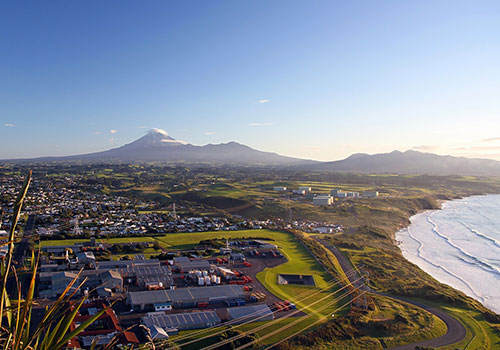Active communities
Our communities are strong and healthy when our towns are busy
- In this section:
The oil and gas industry supports a whole range of social and community events, making Taranaki a better place to live. Conservation programmes, local sports, the Len Lye gallery and WOMAD festival are just a few examples.
Sponsorship in action
1
Oil and gas companies are deeply invested in the communities in which they operate, supporting a huge range of community organisations.
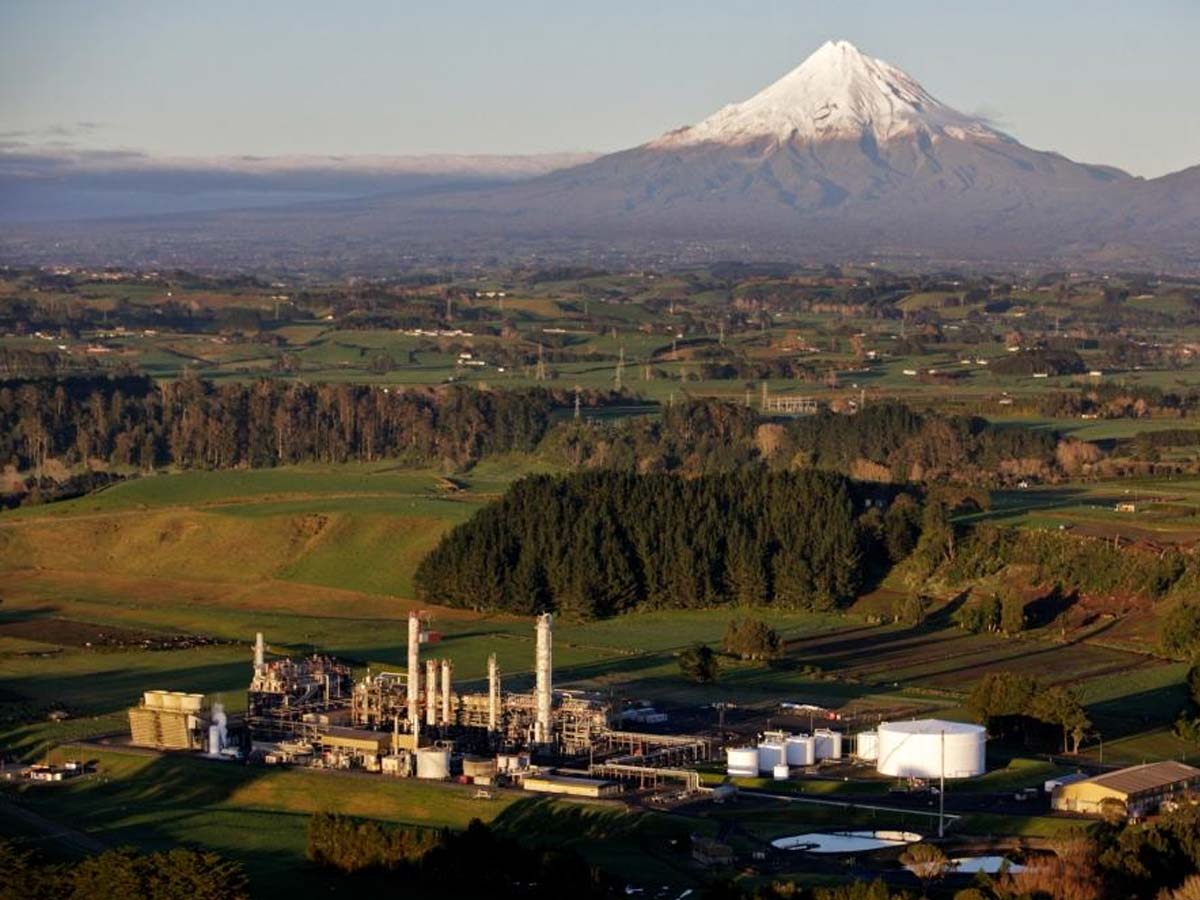
Methanex
- Taranaki Rescue Helicopter
- Methanex Maths Spectacular
- Methanex Family Fun Ride
- Duffy Books in Homes
- Donated $200,000 to Canterbury Business Recovery Trust Fund
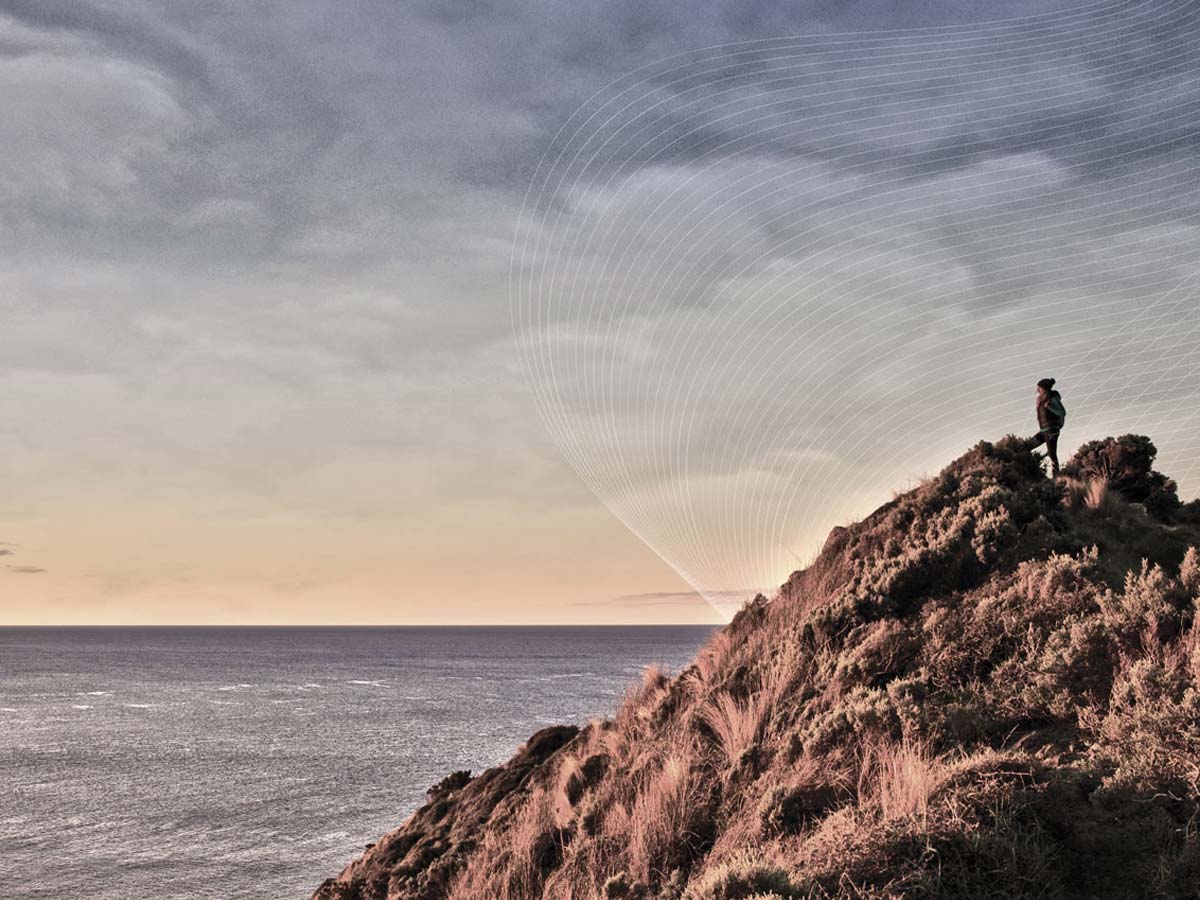
NZ Oil & Gas
- Big Brothers Big Sisters
- Cape Egmont Rescue Vessel
- Waikirikiri Lagoon and beach restoration project
- Taranaki Arts Festival
- Youth water safety training programme development (in conjunction with New Plymouth District Council)
- Taiohi Oranga Youth Services Centre (Hawera)
- South Taranaki SPCA
- Manaia School
- Surplus scaffolding donated to Habitat for Humanity
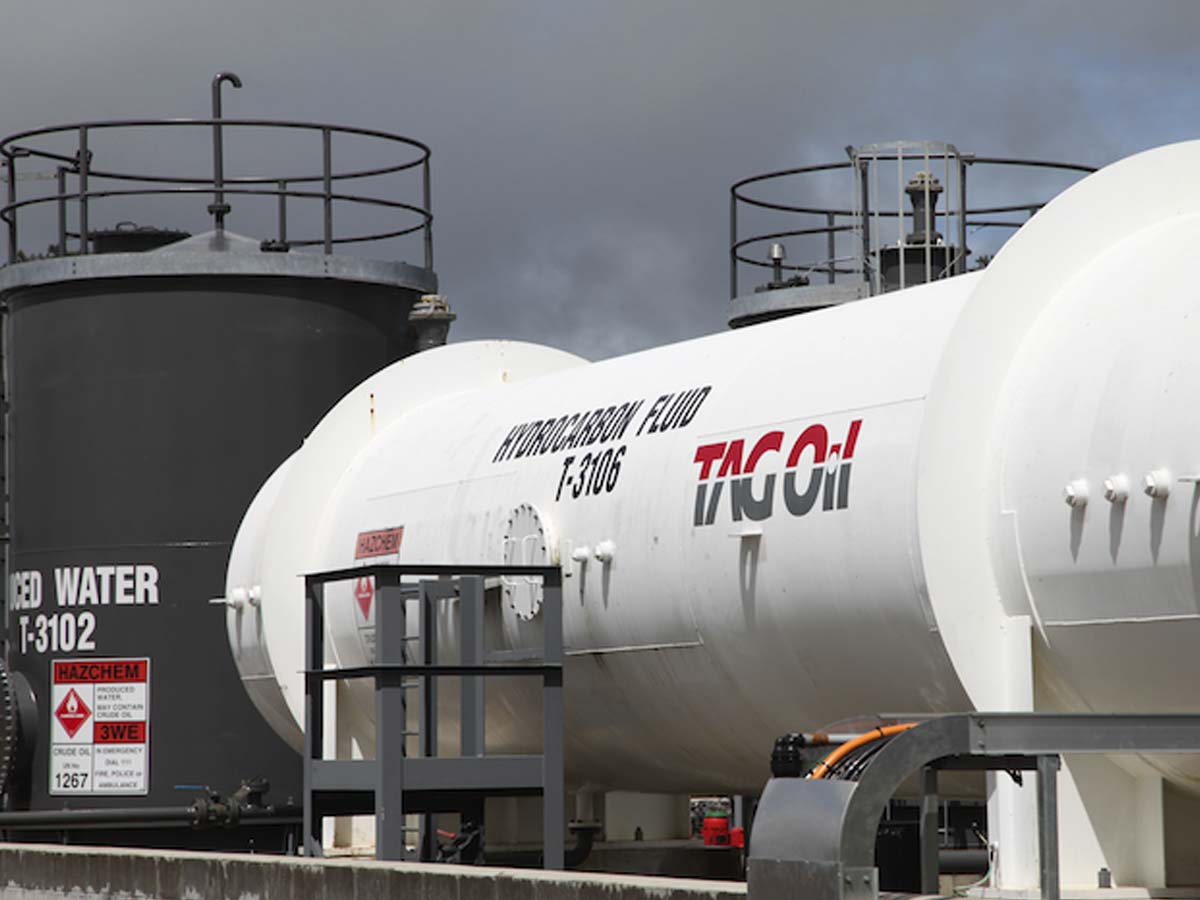
Tag Oil
- In conjunction with Port Taranaki, sponsors Taranaki rugby team
- Pledged $5000 a year for 5 years to help refurbish Ngaere School’s Lowgarth hall.
- Funded Stratford and Eltham Volunteer Fire Brigades’ “hot fire training”
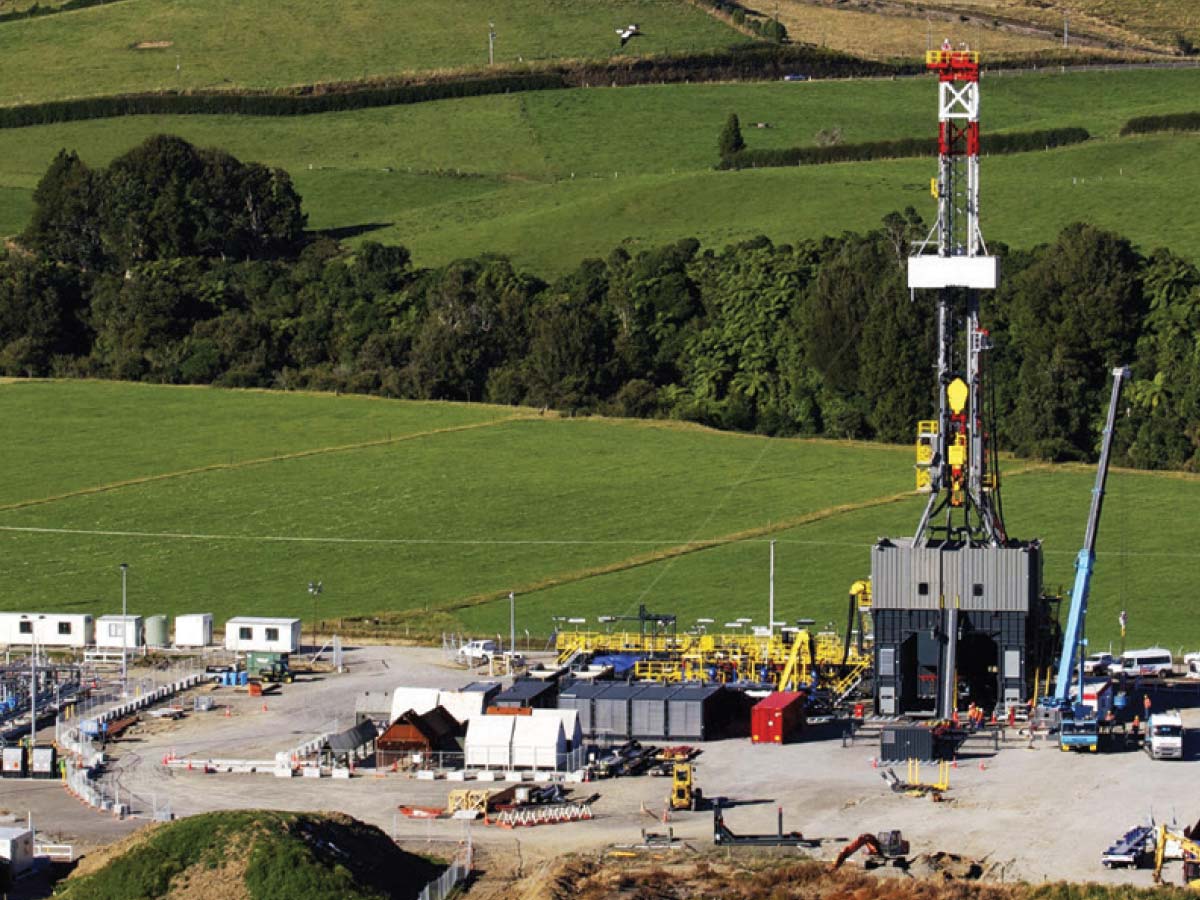
Todd Energy
- Todd Energy Rescue (coastguard boat)
- Todd Energy Aquatic Centre
- Todd Energy Raceway
- WOMAD (international music festival)
- Len Lye Centre
- Books in Homes
- Truant-line
- Taranaki Life Education Trust
- Road Safety Education
Investing in community
2
Linking engineering and art - new Len Lye Centre.
The strong links between regional innovation, engineering skills and the global energy sector have been recognised in a major partnership between Todd Energy and the Len Lye Centre, a spectacular new addition to New Zealand’s creative sector.
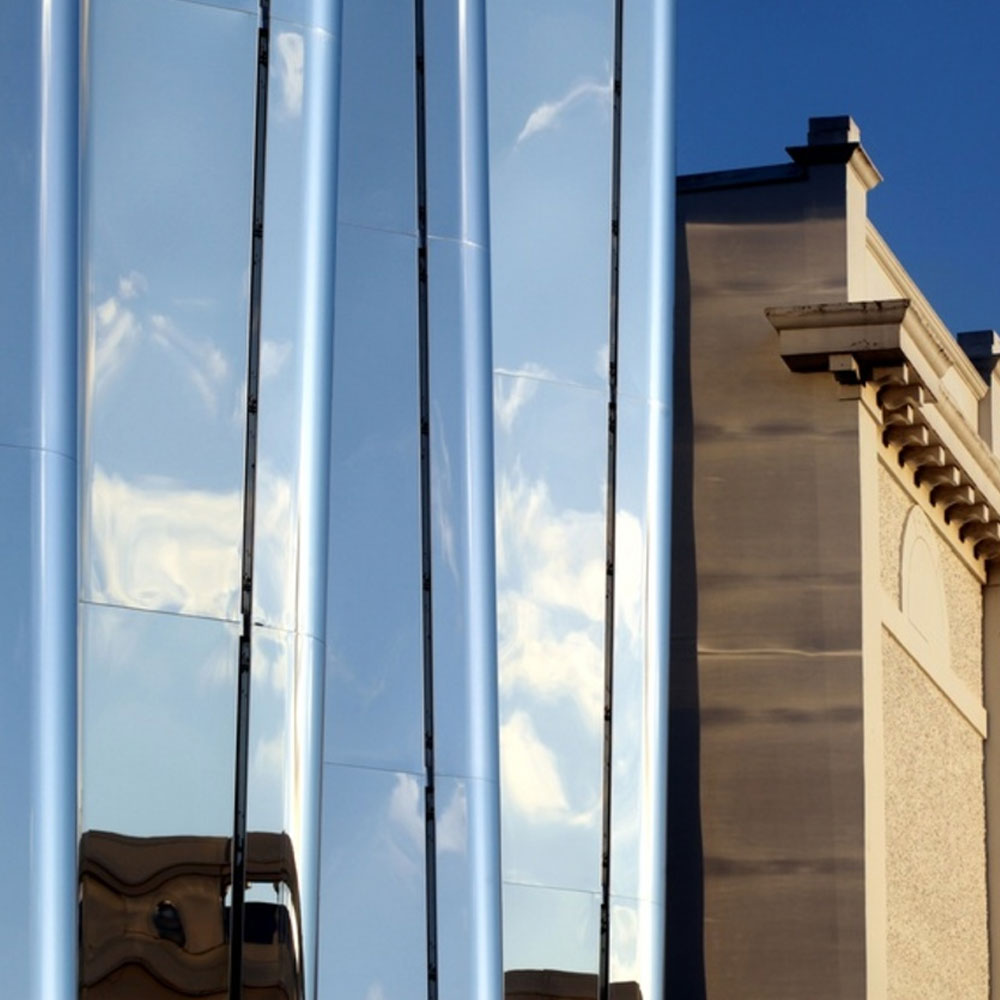
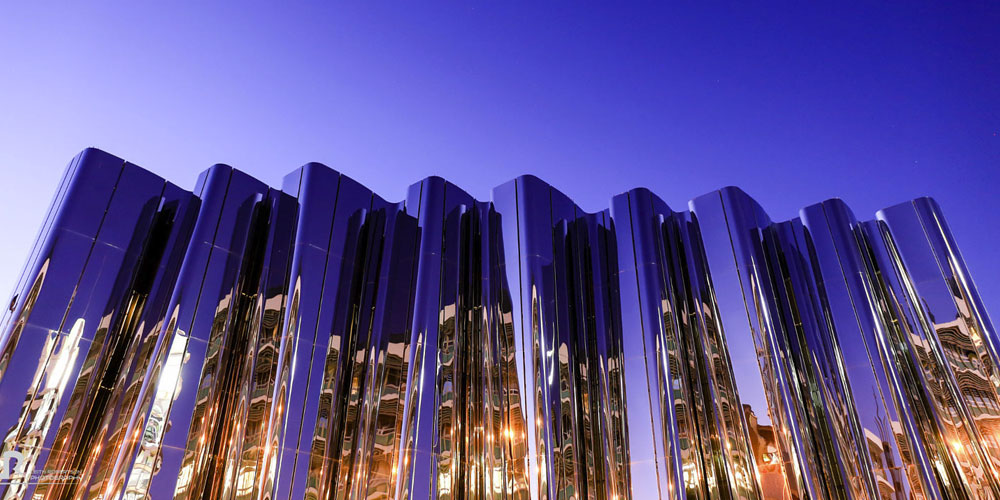
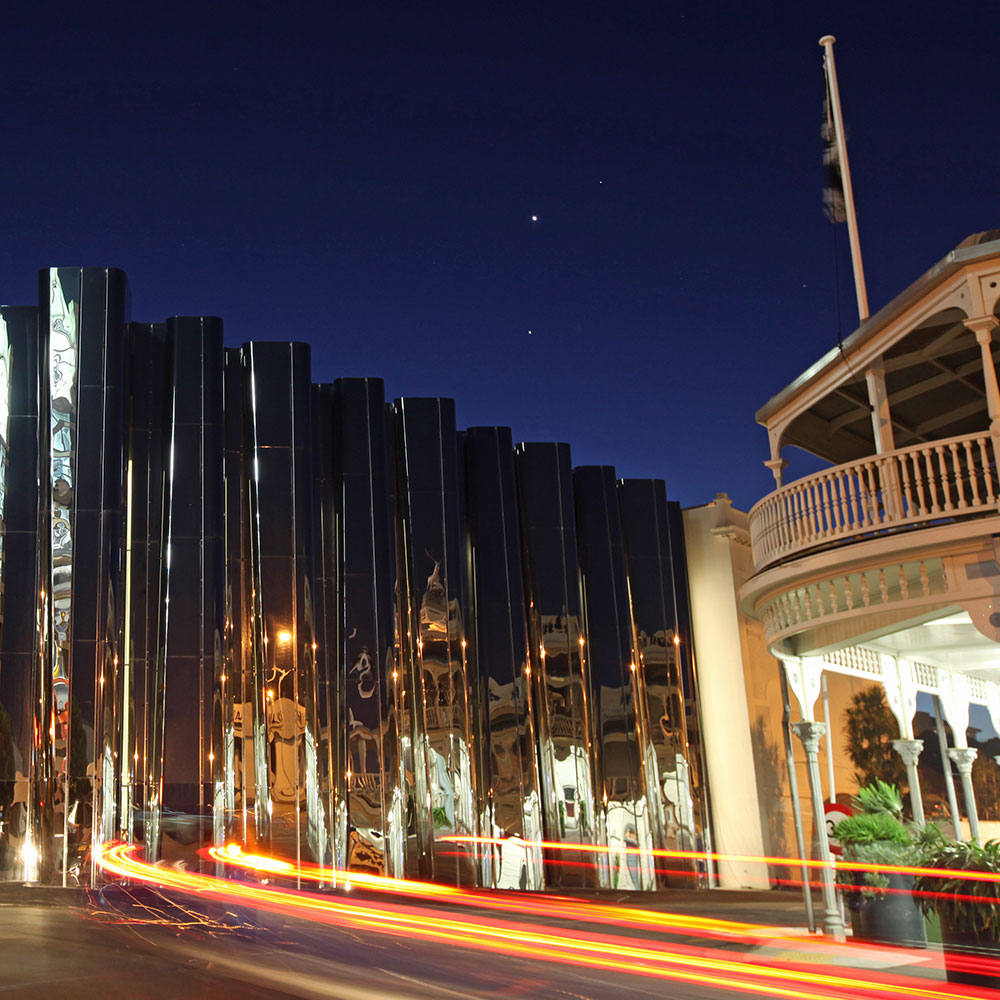
Integrated into the long-standing Govett-Brewster Art Gallery, the art museum has established a centre for the exhibition, research and development of kinetic art works and films of New Zealand-born artist Len Lye (1901-1980), a pioneer in both film and moving sculpture.
Todd Energy is the sole founding partner of the Len Lye Centre and naming partner for the centre’s foyer and learning centre. Their support enabled the project to begin after decades of planning, and adds cultural, innovative and lifestyle vibrancy to New Plymouth.
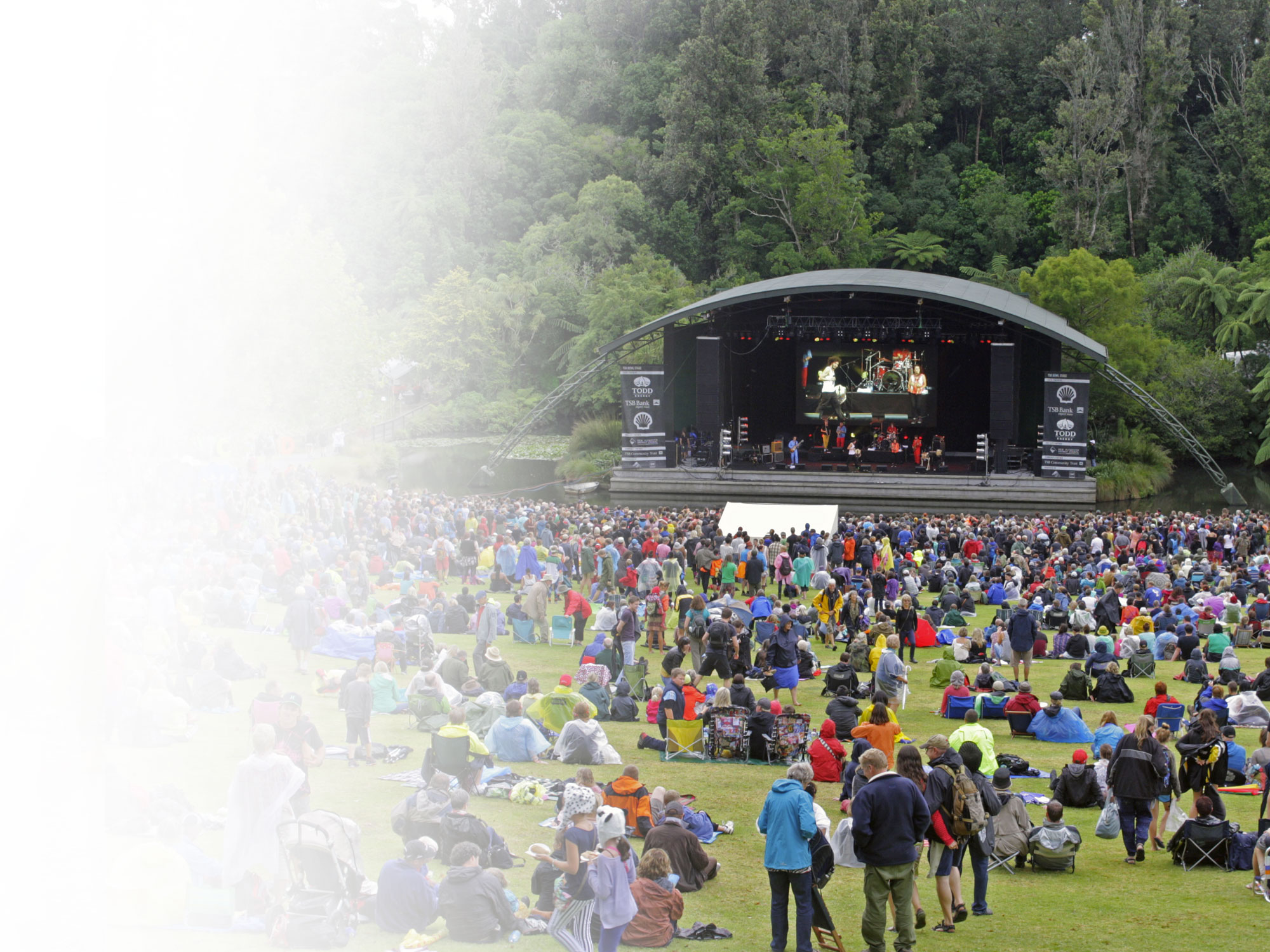
Bringing the world to WOMAD
Of the five major festivals the Taranaki Arts Festival Trust delivers in Taranaki, WOMAD – the World of Music, Arts and Dance – is the biggest, and since 2003 has attracted over $4 million in sponsorship from the oil and gas industry. While WOMAD annually injects more than $10.5 million in economic benefit into Taranaki, its contribution to regional vibrancy and changing people’s perspective of Taranaki are seen as more important outcomes.
“This commitment from the sector to making this region vibrant, economically healthy and a fun place to work and live has meant their support of the arts is enviable throughout New Zealand,”
says TAFT chief executive Suzanne Porter.
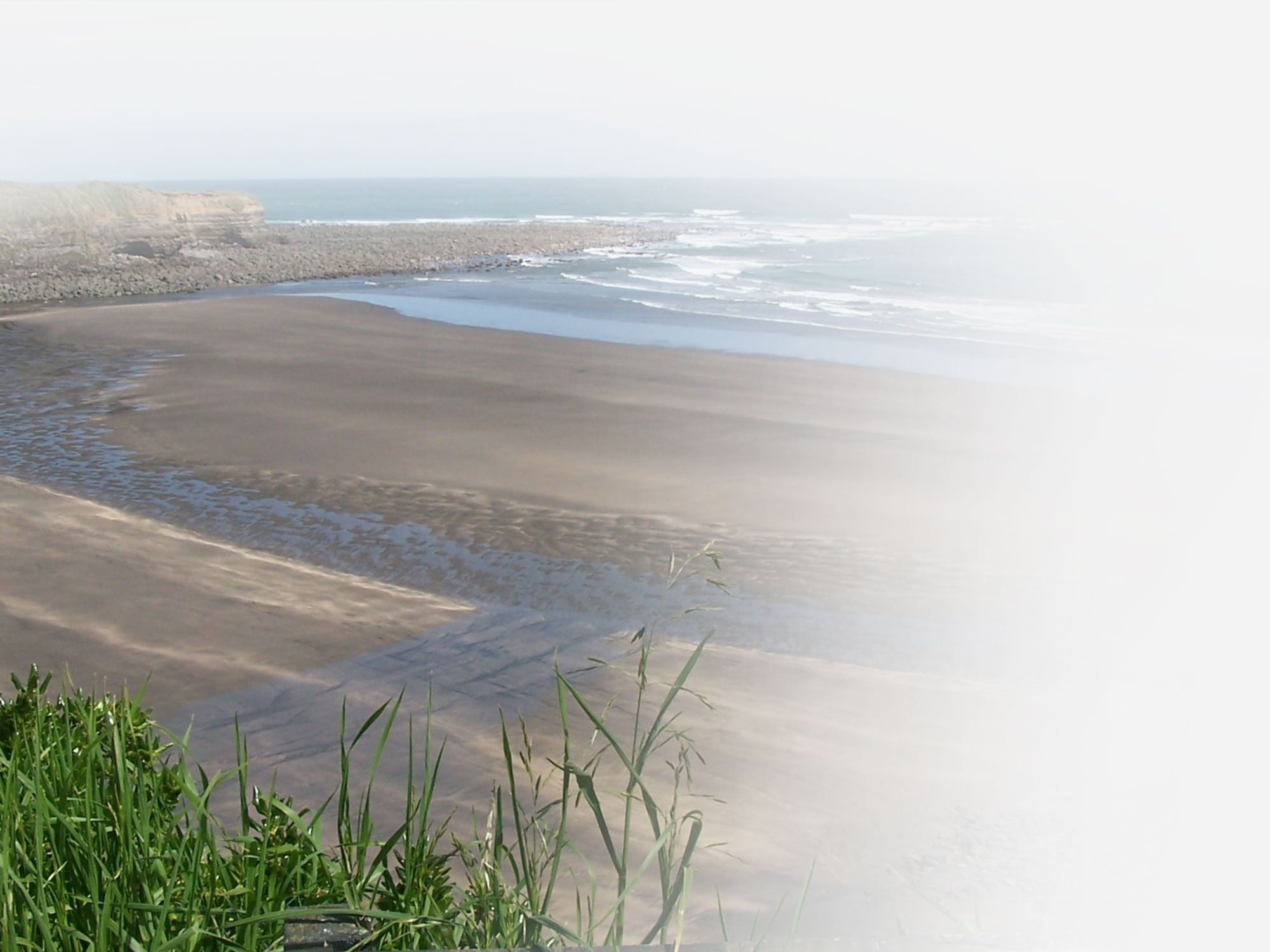
Restoring Sandy Bay
A community partnership between neighbours, the Taranaki Regional Council, Department of Conservation, local schools and community groups, and STOS has transformed the point at which the Maui gas pipeline reaches shore, just north of Opunake.
Since the 1980s the Ngāti Tara Sandy Bay Society has been actively restoring the area with extensive planting in the dunes.
The sustained efforts have resulted in a more stable coastal environment which offers a protected habitat for species such as the gold stripe gecko and a range of sea birds, as well as a focal point for the local community in retaining a unique landmark.
Supporting the whole community
A long-term relationship between Iwi group Ngaruahine Maatua Whangai and the Kupe Joint Venture Partners has helped to deliver a comprehensive programme to improve the community. Over the last 30-plus years, Maatua Whangai – a voluntary organisation – has run youth initiatives, and with the support of the Kupe Project has been able to extend activities to train volunteer youth counsellors, offer financial literacy programmes and assist the elderly.
The philosophy of Maatua Whangai is one of inclusion with assistance being available to any person, regardless of their ethnicity or Iwi affiliation, which means their services are reaching right across their South Taranaki community.
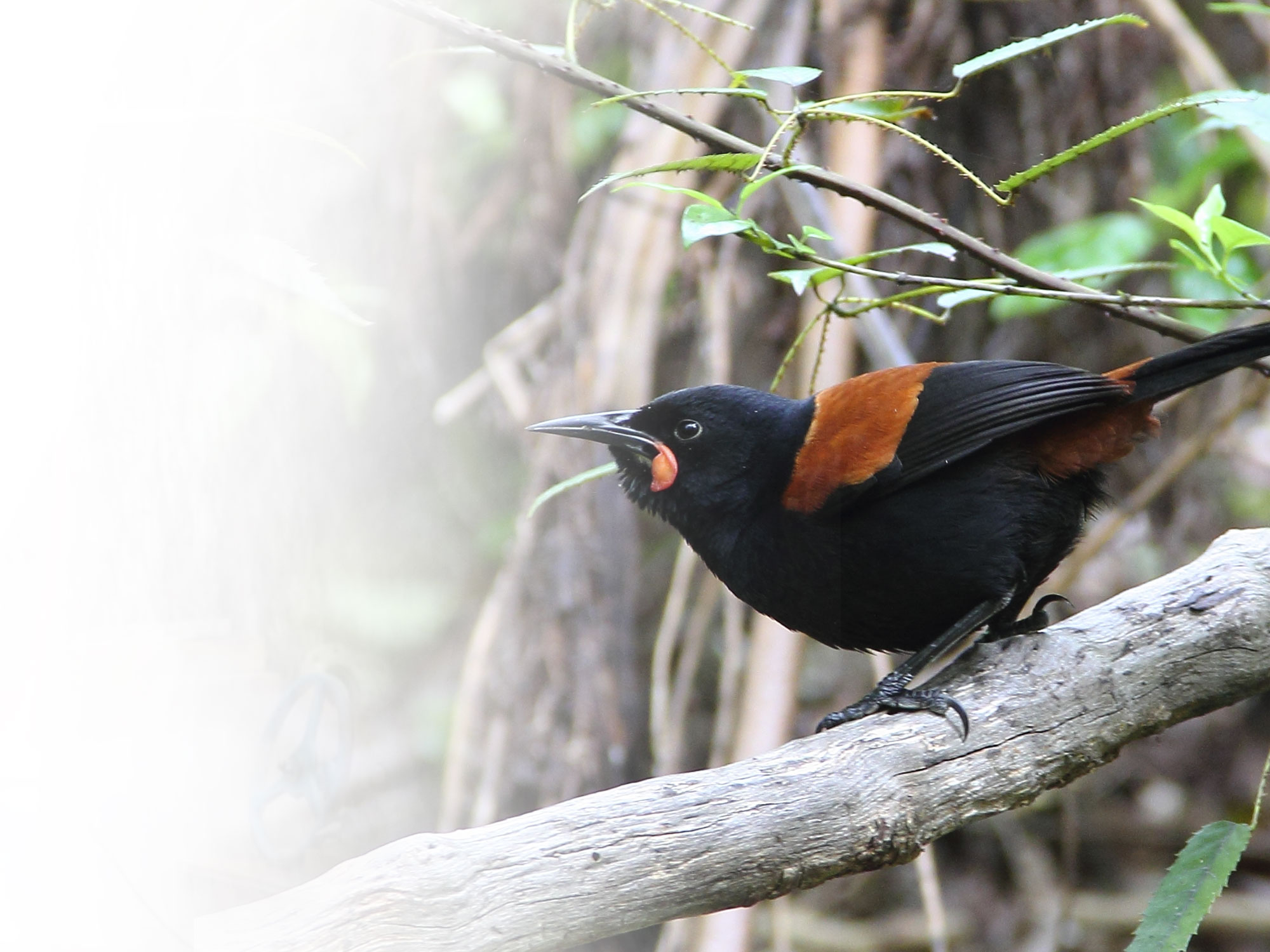
Relocating Rare Birds to Rotokare
Rotokare Scenic Reserve is a 230-hectare forested catchment 12km inland from the South Taranaki town of Eltham. Protected by more than 8km of predator-proof fence, the reserve has become a haven for regenerating native species. In May 2014, following more than a century of extinction in Taranaki, Tieke (Saddleback) were returned to Rotokare, and Popokatea (Whitehead) were reintroduced.
Early monitoring reports that both species are settling into their new environment with numbers growing. The project was supported by oil and gas company OMV, who have had a long relationship with the Rotokare Scenic Reserve Trust."
Take a kid mountain biking
Training company Wood Group PSN has helped Taranaki Mountain bike Club’s annual Take a Kid Mountain biking event get more kids riding bikes and building skills to enjoy themselves safely, with sponsorship of the event encouraging and rewarding participants through a range of prizes. “Being socially responsible is integral to what we do,” says Kerry Martyn, Wood Group PSN General Manager.
“We aim to make a positive difference to the communities where we operate and seek ways to assist them, and building kid’s skills and safety in a fun way is at the heart of what we’re about.”
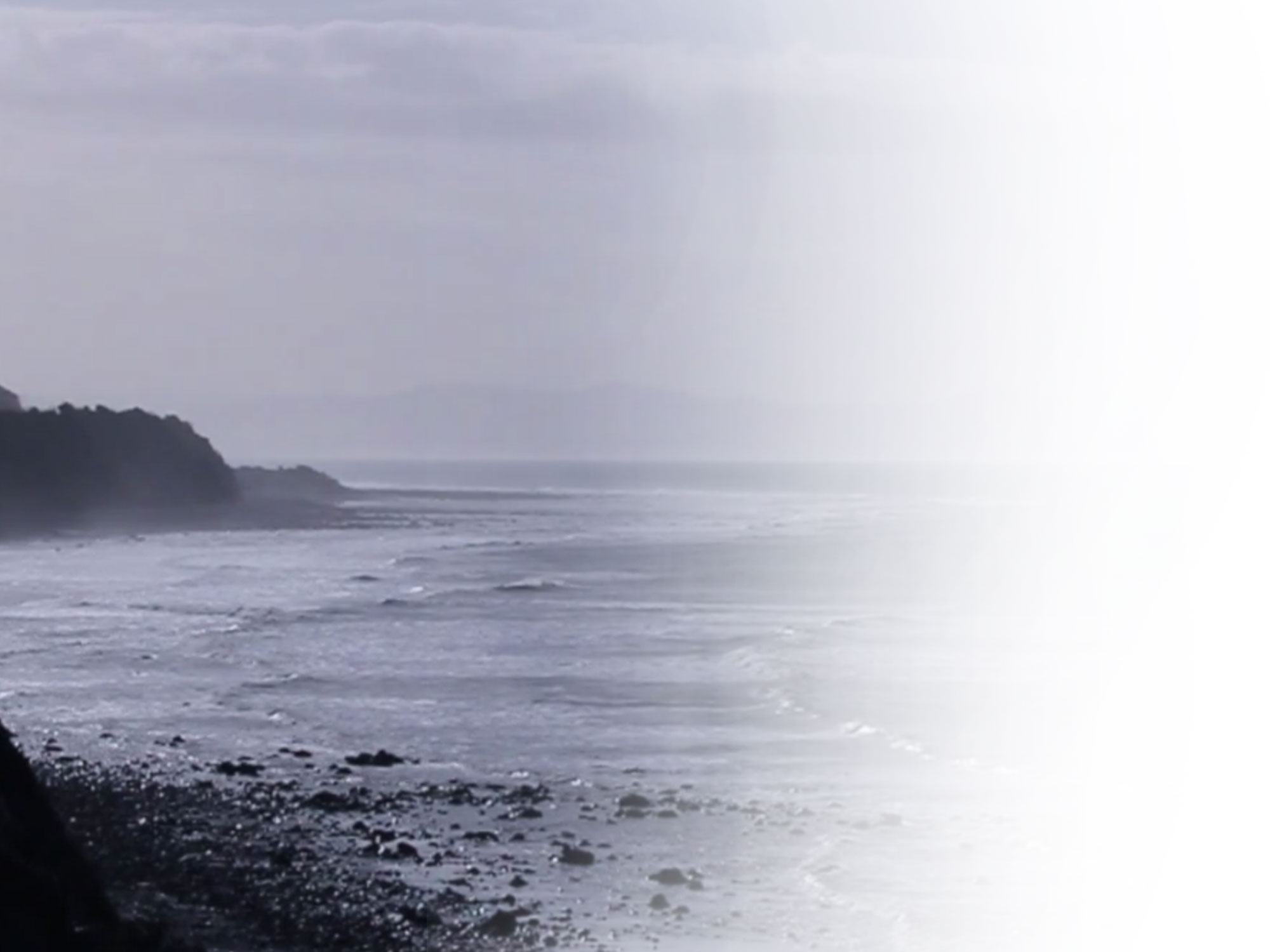
Trained to monitor the marine environment
Recognising the role of Māori as Kaitiaki – guardians – of the land and marine environment drove Maryjane Ngaone Waru, of Ngāti Rahiri, to become one of the first two Māori Marine Mammal Observers in New Zealand.
Maryjane was encouraged and supported by Shell to gain the qualification, and is now looking forward to getting out on seismic boats around New Zealand to monitor marine life. The link between Shell and the Ngāti Rahiri Hapū is longstanding – the Pohokura natural gas field sits within their rohe.


